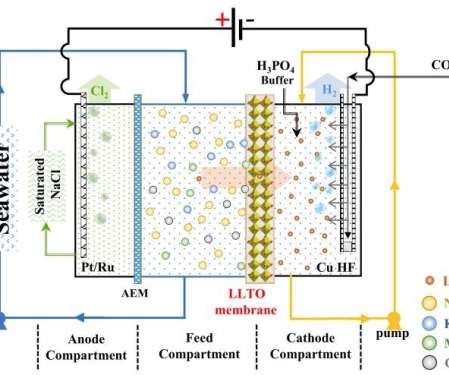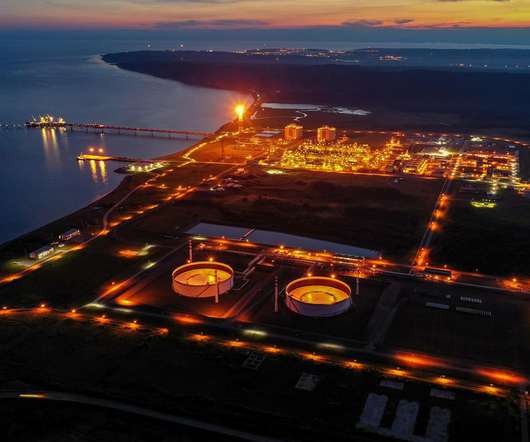Saudi Arabia And Iran Reignite The Oil Price War
Green Car Congress
AUGUST 15, 2018
The rivalry between Saudi Arabia and Iran is becoming increasingly evident in the oil pricing policies of the two large Middle Eastern producers. Saudi Arabia, OPEC’s largest producer, has been boosting oil production to offset supply disruptions elsewhere, including the anticipated loss of Iranian oil supply after U.S.















Let's personalize your content